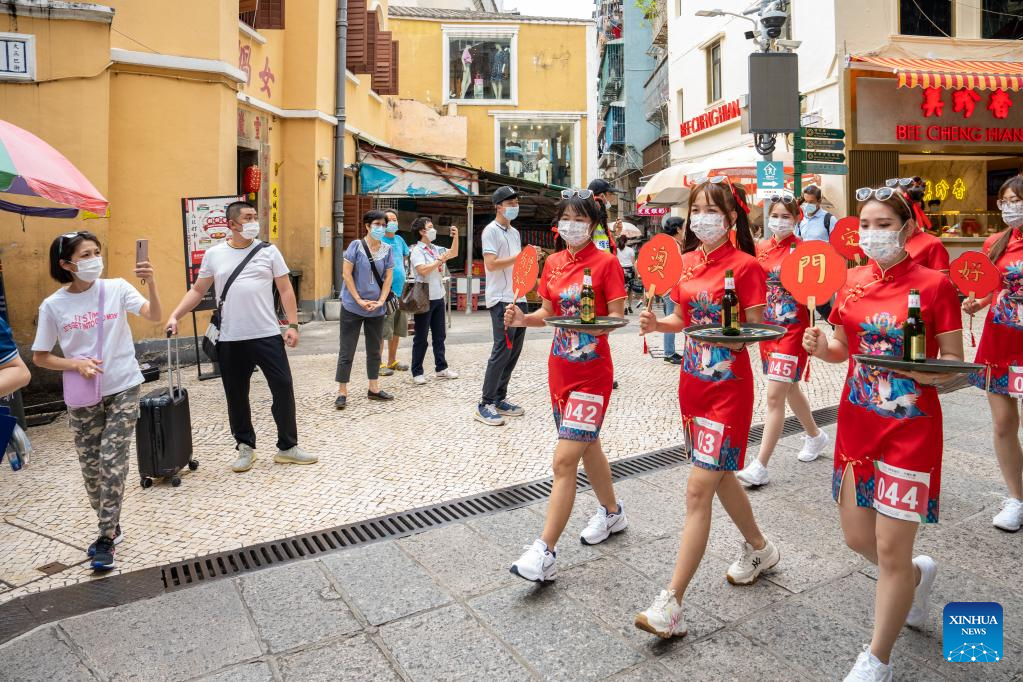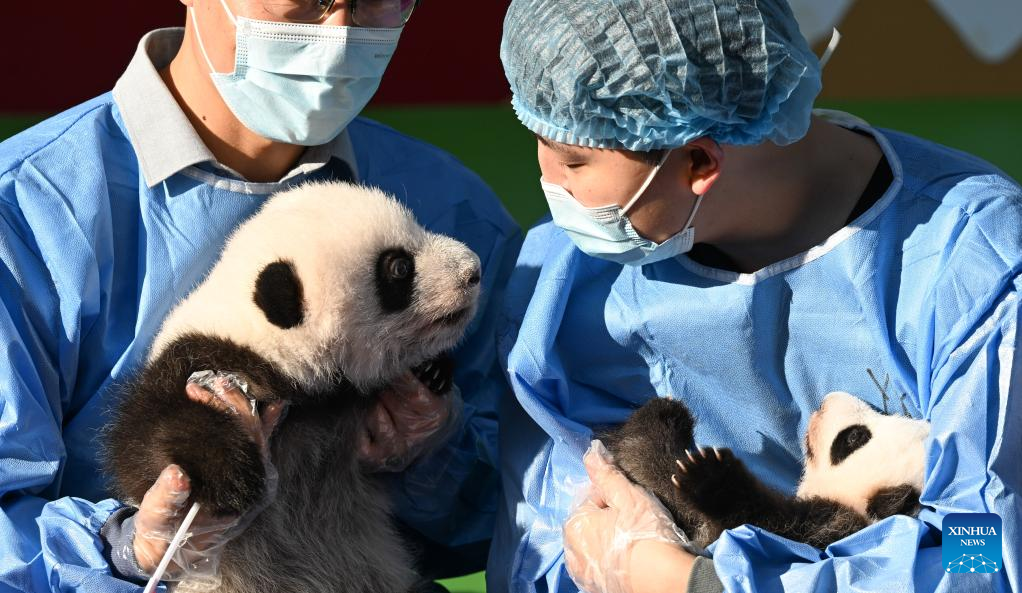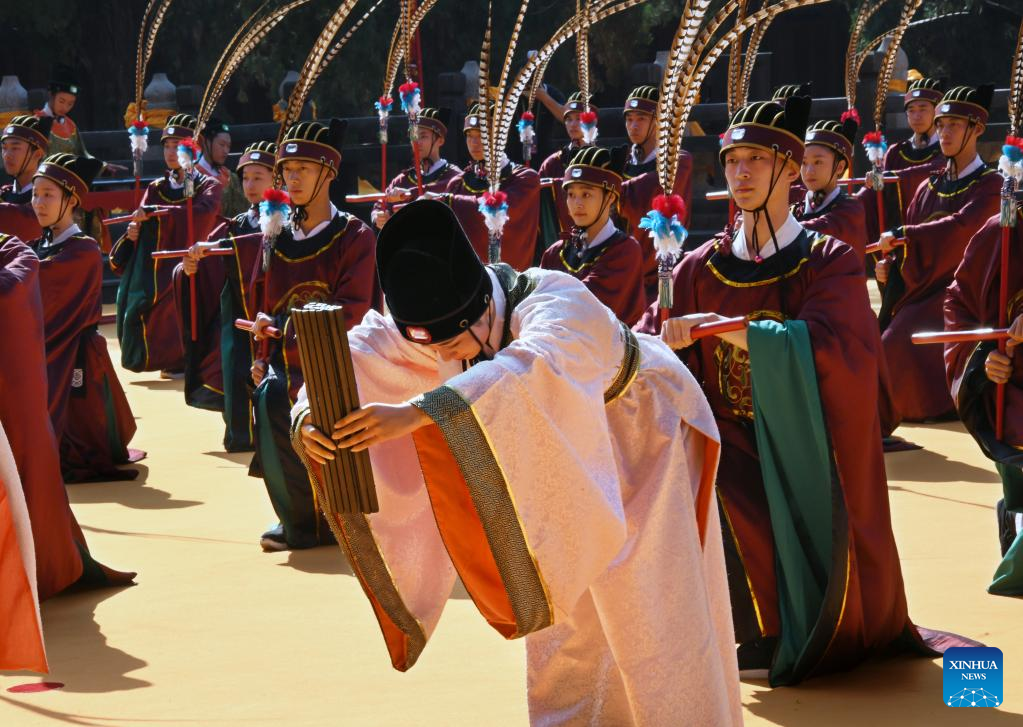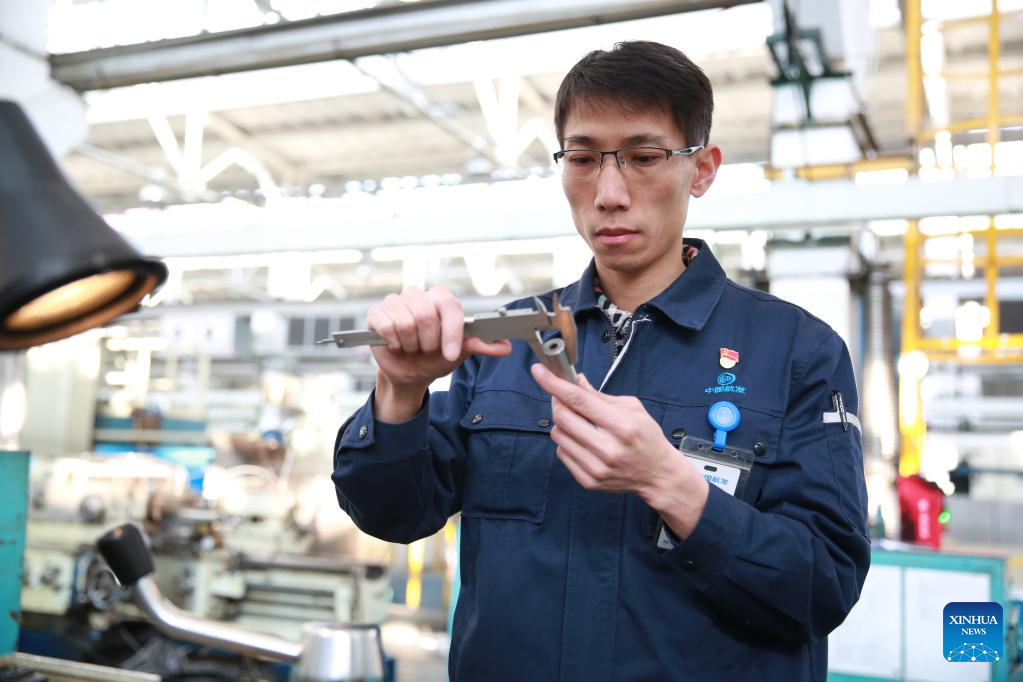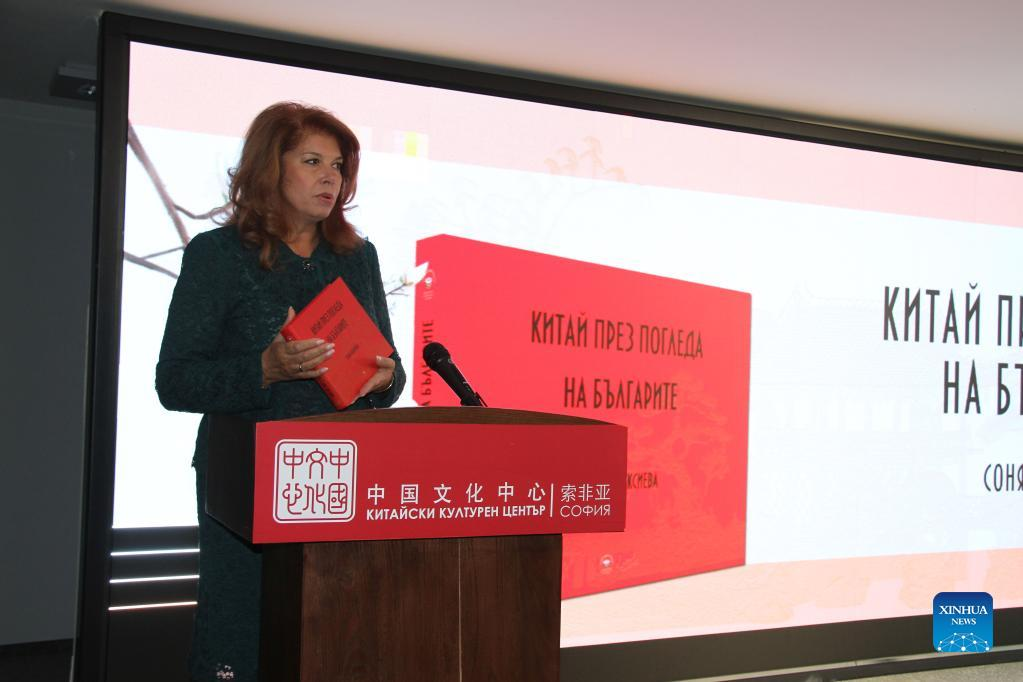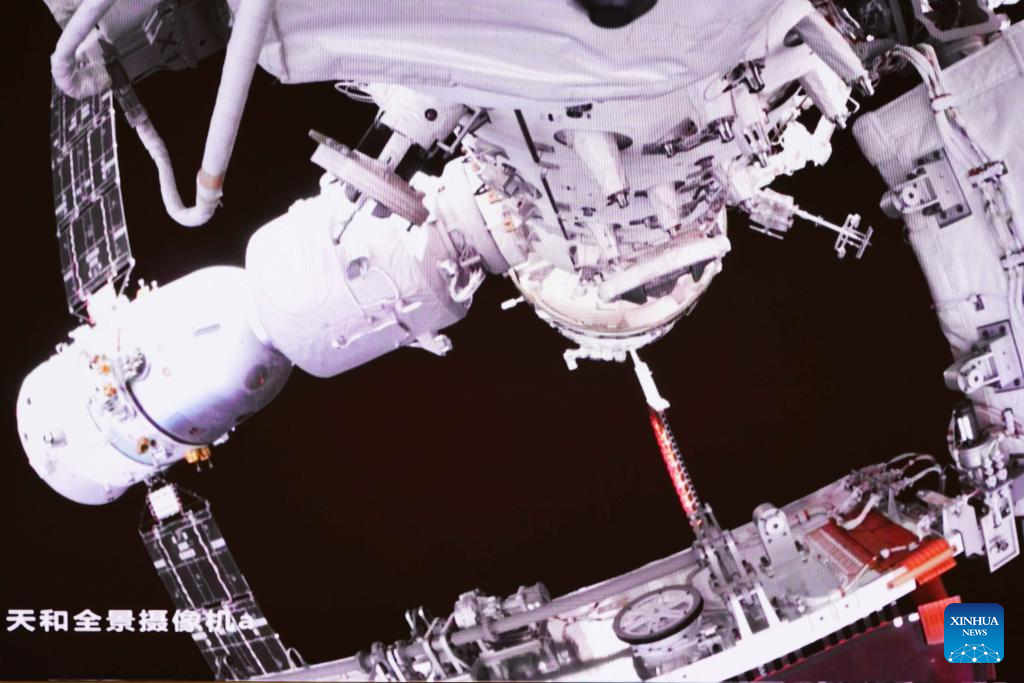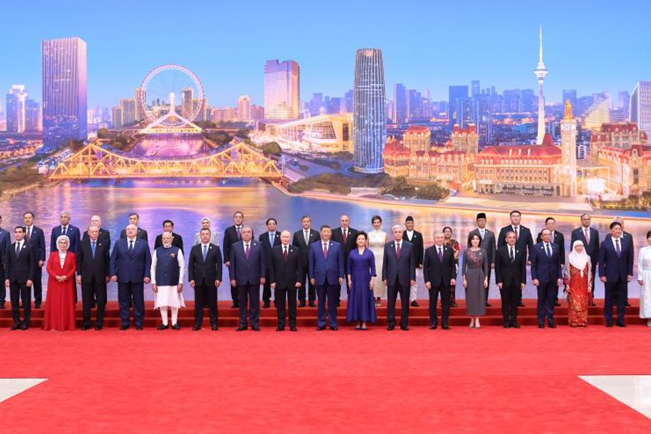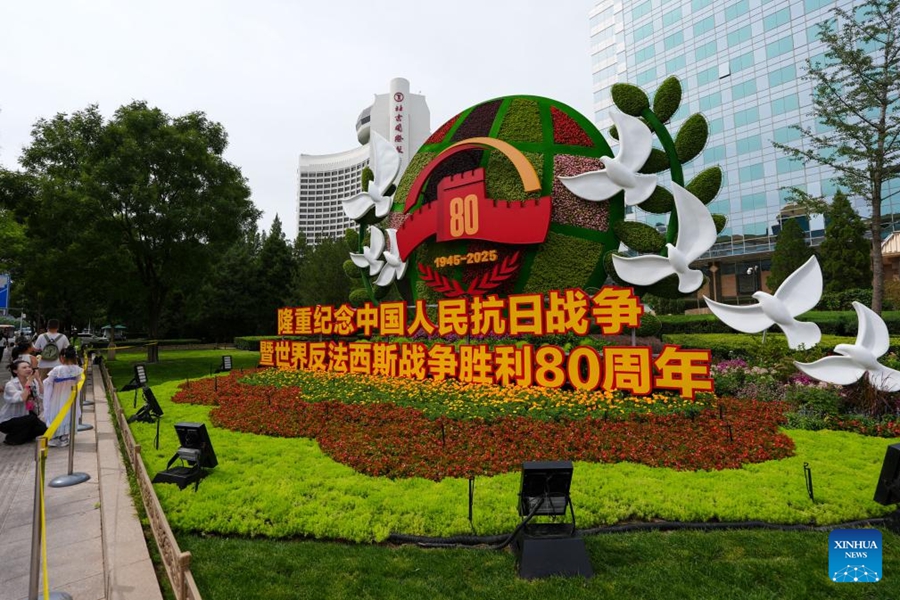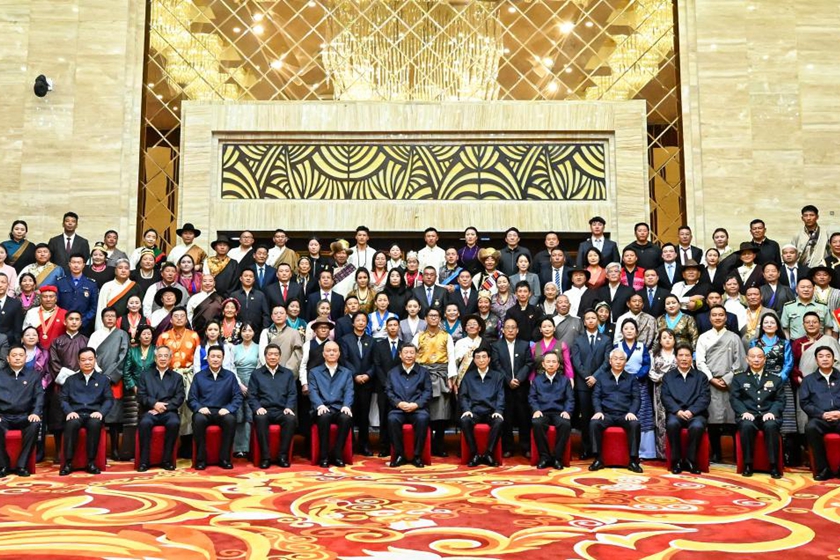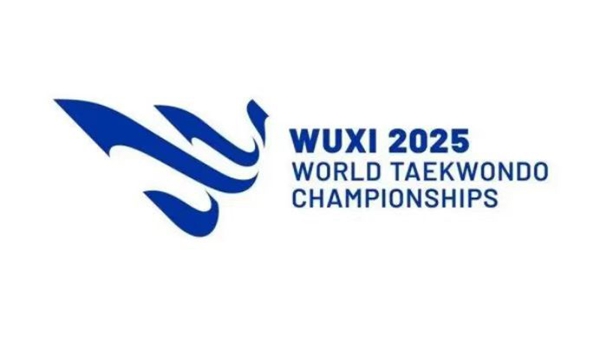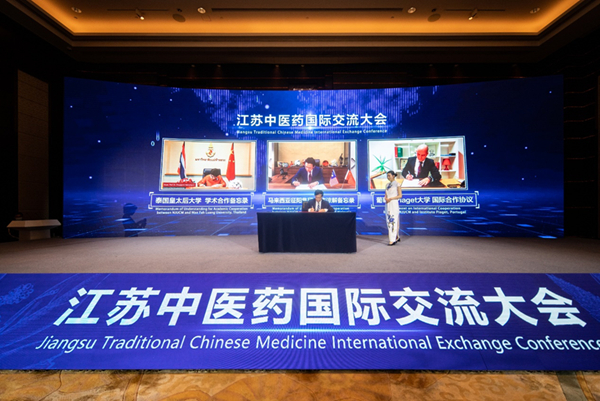
More than 80 people participated in the Jiangsu Traditional Chinese Medicine International Conference, which opened in Nanjing on November 21.
The conference was jointly organized by the Foreign Affairs Office of Jiangsu Provincial People's Government and Jiangsu Provincial Health Commission under the theme of making Jiangsu's TCM known in the world.
Hu Gang, vice-chairman of the Jiangsu Committee of the Chinese People's Political Consultative Conference (CPPCC) and president of Nanjing University of Chinese Medicine (NJUCM), said the conference aims to facilitate cooperation and innovation, combine domestic and international markets, expand the global influence of Jiangsu's TCM, and provide new TCM ideas and measures to contribute to global healthcare.
Hu also expected that the meeting can promote the understanding and development of TCM principles by using modern science and explore the pathway for TCM to go global in the new era.
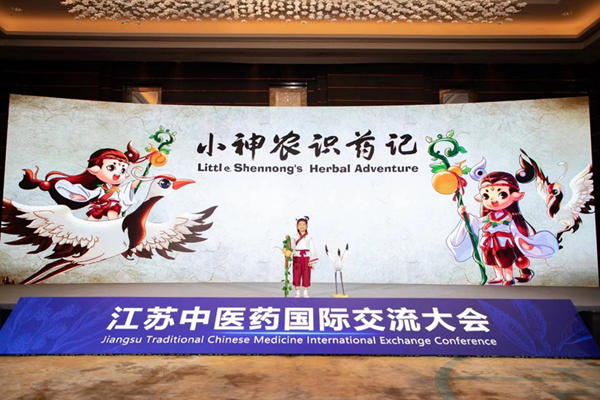
(Photo from Jiangsu Foreign Affairs Office)
The conference's opening ceremony unveiled the mascot Little Shennong created specially for the coastal province's global TCM communication, named after mythological figure Shennong who tasted hundreds of herbals to determine their medicinal value. Meanwhile, it launched the cartoon book "Little Shennong's Herbal Adventure" in both Chinese and English, the first of its kind in China.
Also featured was the award ceremony for a contest about English TCM-centered short video by Generation Z creators.
To support TCM to go global, NJUCM signed cooperation agreements with Mae Fah Luang University in Thailand, Sunsuria Berhad, a property developer in Malaysia, and Instituto Piaget in Portugal.
After the opening ceremony, experts and scholars held a seminar on the development of the inheritance of Jiangsu's TCM and global communication.
With a rich history of TCM, Jiangsu has strengthened international exchanges and cooperation in the field in recent years. The Foreign Affairs Office of Jiangsu Provincial People's Government and Jiangsu Province Hospital of Chinese Medicine jointly created the Overseas Qi Huang Talent Training Project named after Qibo and Yellow Emperor (Huang Di), collectively known as the ancestors of TCM. In this initiative, both AOMA Graduate School of Integrative Medicine in the USA and Ontario College of Traditional Chinese Medicine in Canada entered into cooperation with NJUCM, which provided trainings to more than 50 PhD and Master's degree students amid enhanced academic exchanges.
Jiangsu has also taken advantage of its wide network of sister-cities to promote TCM, including carrying out the general practitioner training program in Victoria of Australia, Essex of England, and Ontario. Other achievements included a TCM center in Mogilev of Belarus, the China- Cambodia Tropical Disease Research and Prevention Centre in Cambodia, and young physician research bases in Baden-Württemberg of Germany, Osaka in Japan and Gyeonggi Province in South Korea.

